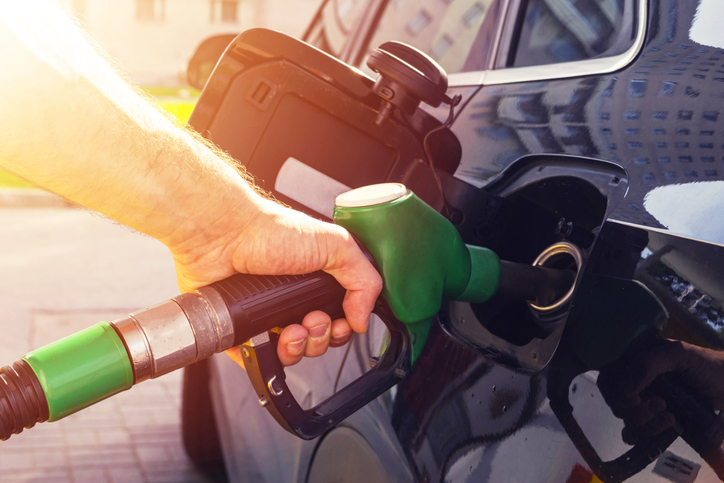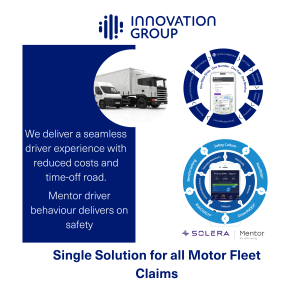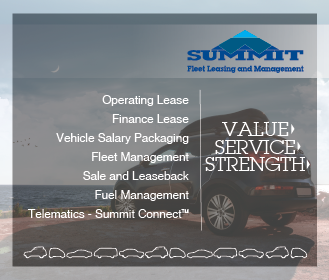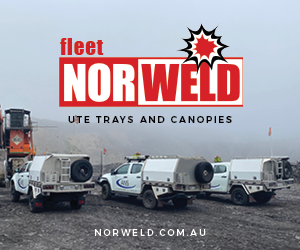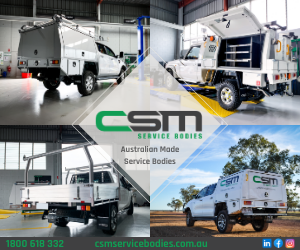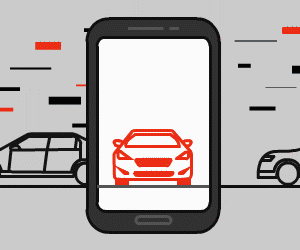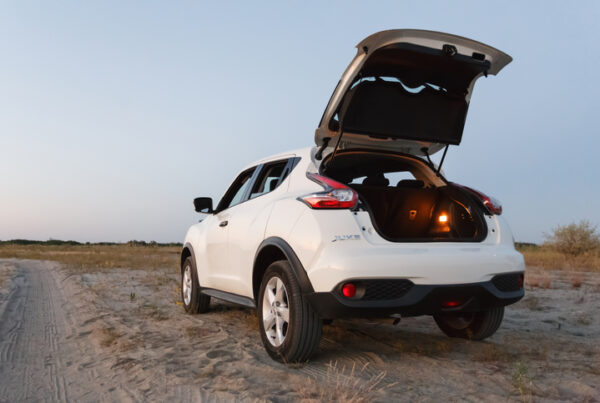Let’s be honest, we probably all believe we are experts in optimising fuel efficiency among our fleet. But how are we going in actually implementing a strategy for fuel on a practical level with our employees?
The pressures of time management and lack of driver enthusiasm are often cited as reasons why many fleets spend more on fuel than they need to. The constant challenge for fleet managers to cap fuel spend among your drivers has remained a problem since the birth of the dinosaur, though making small ongoing changes can definitely make a huge difference in the long run.
Whether it be changing distances or fluctuating petrol prices, there can often be huge fluctuations in the costs that your fleet can be chewing up, depending on how your vehicles are being used.
Below are 8 no-brainer ways that fleet managers should attempt if they aren’t already to help reduce their overall fleet fuel costs.
Downsize to smaller vehicles
Fleet managers should look to replace larger vehicles with smaller more efficient ones if that suits the demands of their business. There is no point having a large vehicle and not making use of the payload or cabin space.
Lighten Your Fleet
The heavier the weight of your truck or vehicle, the more fuel it takes to move it along. Where practical make sure your drivers aren’t packing or leaving unnecessary items within their vehicles.
Find the best prices
Check online for the best places and time of week to fill up your fleets and organise fuel cards with a preferred supplier. For tiny fleets, RACV provides regular updates on petrol station prices, while the 7-Eleven app allows drivers to lock down lower prices and purchase fuel when it is convenient for them.
Don’t Buy Premium Fuel
Think twice about filling E95 or E98 fuel into your vehicle unless it is a premium car that absolutely needs it. While higher octane fuel delivers greater efficiency the difference in price may not always stack up.
Stay Inflated
It is common sense – fully pumped up tyres means less effort on your engine to get the car moving. Make sure your entire fleet has the right sized tyres pumped at the optimal PSI.
Insist on cruise control
Encourage drivers to always use cruise control on highways to keep them at a constant speed. The reduction in unnecessary braking and acceleration will save you a lot of fuel in the long term.
Make sure of carpooling
Plan schedules so that less of your fleet is out and about at once. Provide incentives for drivers that “pool” to encourage this behaviour.
Consider off-peak travel
Scheduling meetings outside of busy peak hours may not be practical for a lot of businesses but plenty of money can be saved by taking this approach. Drivers are likely to encounter significantly less traffic which will reduce idling and save on fuel consumption.

